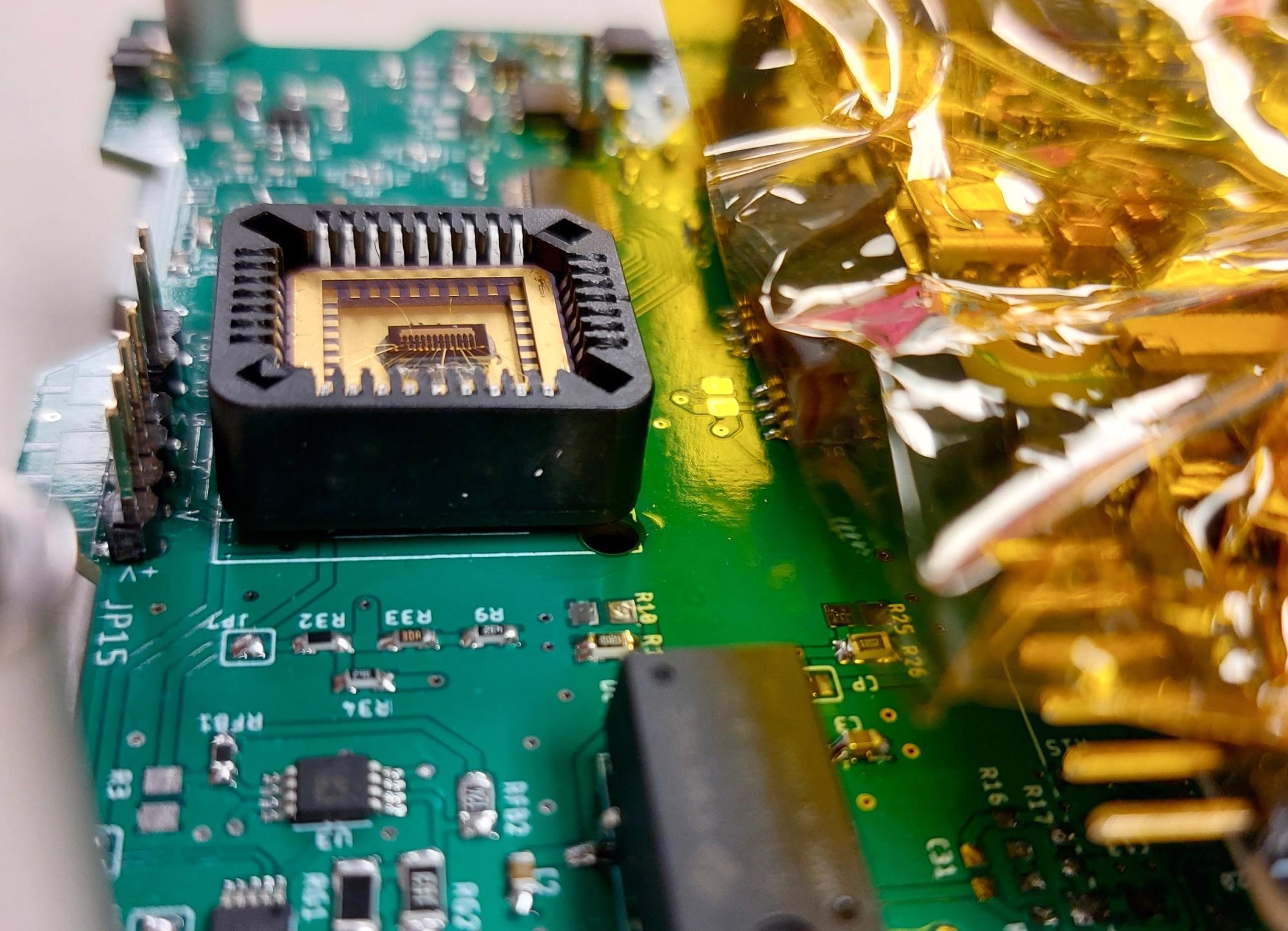Last Friday afternoon SpaceX successfully launched the Fourth Transporter mission from Cape Canaveral in Florida. As a result, in approximately two months, experiments designed by university students from the Netherlands and Chile, and using graphene test devices manufactured by Applied Nanolayers, will probe the impact of real-space travel and direct space exposure on conductive graphene devices for the very first time.

Image Credit: Applied Nanolayers
Applied Nanolayers and Technical University of Delft module specialists worked together on the specification of graphene material and the physical devices required for space flight qualification. The resulting devices will test how graphene components withstand the vibration, radiation and temperature extremes of space, and the data generated will be used to give sensor and detector developers verified graphene performance data to aid device design. Graphene’s ability to improve the sensitivity and accuracy of sensors used for navigation and astronomical observation is particularly important for future space travel.
“This is the first time our graphene components have been tested in space and we’re fascinated to see how they perform,” said Paul Hedges CEO of Applied Nanolayers. “Graphene has been proposed in an enormous variety of space applications but this project is specifically focused on the performance of graphene devices, and graphene’s ability to withstand the rigours of space. Now that the launch has gone to plan, we wish the students from Delft and Chile every success as they wait patiently to receive the experimental data in June.”
The SpaceX Transporter 4 is a specialised rideshare mission for commercial and government clients, carrying dozens of tiny microsatellites and nanosatellites using SpaceX's SmallSat Rideshare programme to reach SSO (sun synchronous orbit). The two-month delay before tests can begin relates to the mission achieving the necessary SSO.